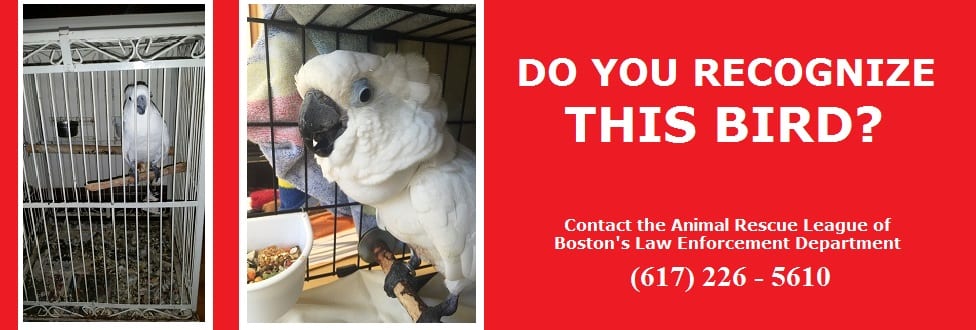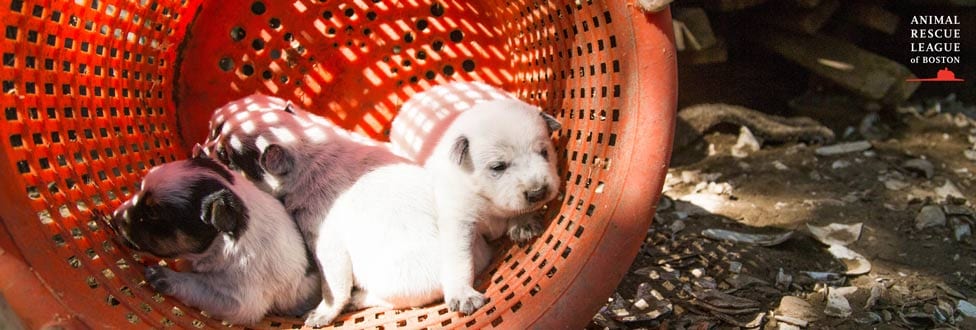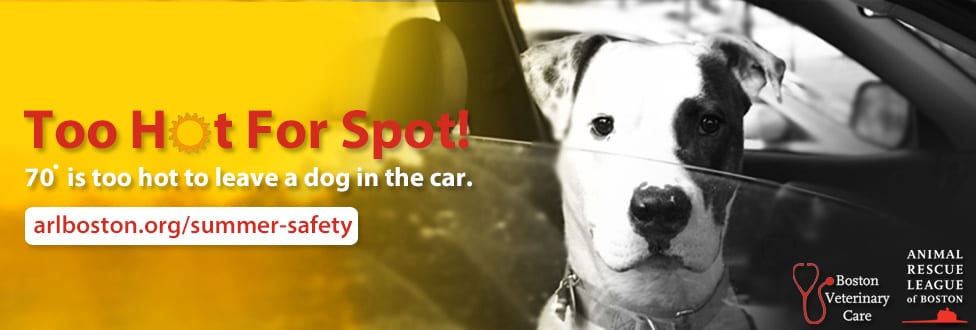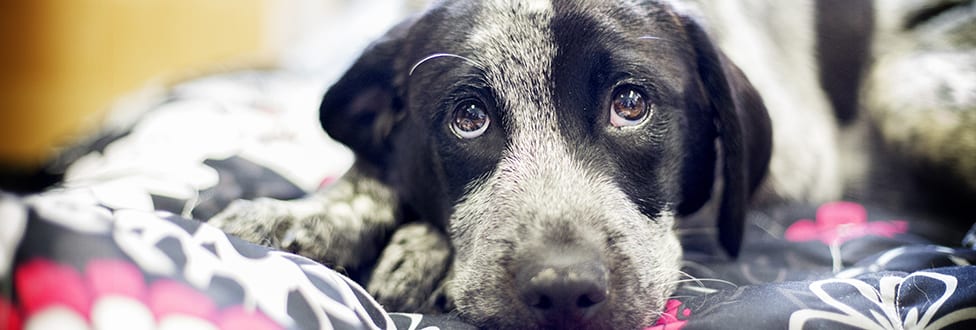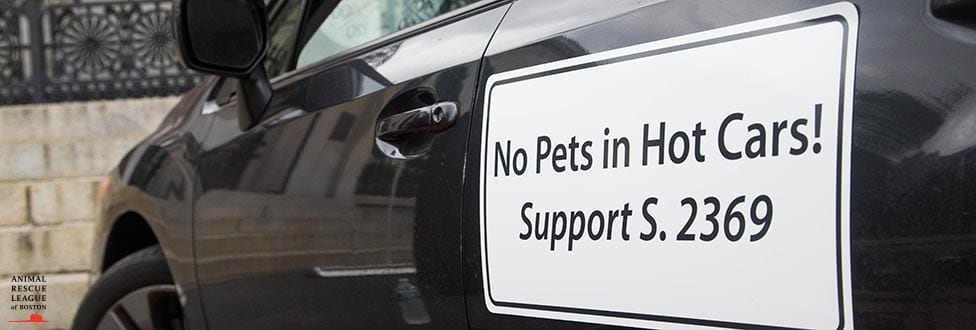Shelter Veterinary Services: Not Just For Cats & Dogs
Espresso, a 1-year-old rat, recovering from surgery to remove a large tumor
Everyone knows that the Animal Rescue League of Boston helps cats and dogs, but did you know that we help all other types of small animals, livestock, and wildlife too?
Espresso, a 1-year-old female rat, was picked up by ARL’s Rescue Services after being abandoned at a local veterinary clinic with her sister, Mocha. The adorable pair were brought to our Boston shelter where they received a veterinary exam, behavioral evaluation, and kind attention from staff and volunteers.
Unfortunately, during Espresso’s initial examination at the shelter, a large tumor was found over her left shoulder. Our Shelter Veterinary Services team immediately brought her to surgery, which cost approximately $250, to remove the tumor.

Espresso, a 1-year-old rat, is recovering comfortably from tumor-removal surgery at the ARL. She and her sister Mocha are available for adoption and looking for a loving family!
DONATE NOW to ensure that animals like Espresso receive the critical preventative or emergency veterinary care that they need.
Espresso was a trooper throughout her surgery and recovered very well. In fact, she was walking around her enclosure and eating within an hour after waking up.
Through all of this process, Espresso never lost her love of people and remained as sweet as ever!
After surgery, the removed mass was sent to a lab for analysis and was determined to be a benign mammary tumor.
Mammary tumors are very common in middle-aged to older rats. Because rats have mammary tissue that extends well beyond the area of their mammary glands, mammary tumors can occur in locations you wouldn’t necessarily expect.
Thankfully, the tumors are nearly always benign, as was the case for Espresso. This means it’s very unlikely that they will metastasize or recur in the same location.
It’s important to know, however, that rats who develop one mammary tumor will often go on to have additional mammary tumors develop at new locations in the future.
We recommend that Espresso’s adopters have a discussion with their family vet about whether to consider additional treatment, such as hormone injections, to help prevent future tumors from forming.
UPDATE 9/5/16: Espresso and her sister Mocha have been adopted!

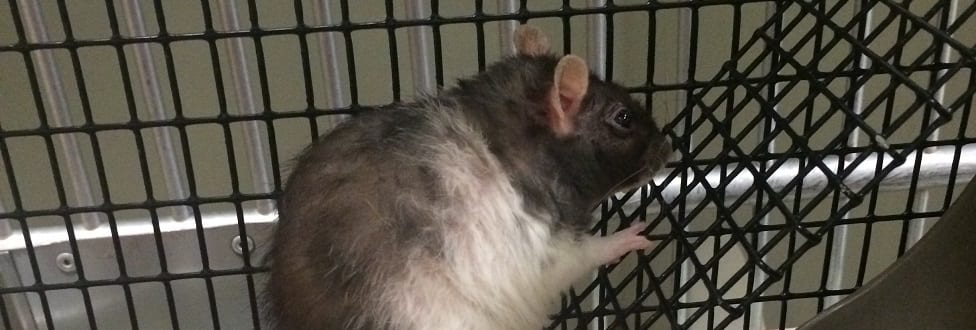
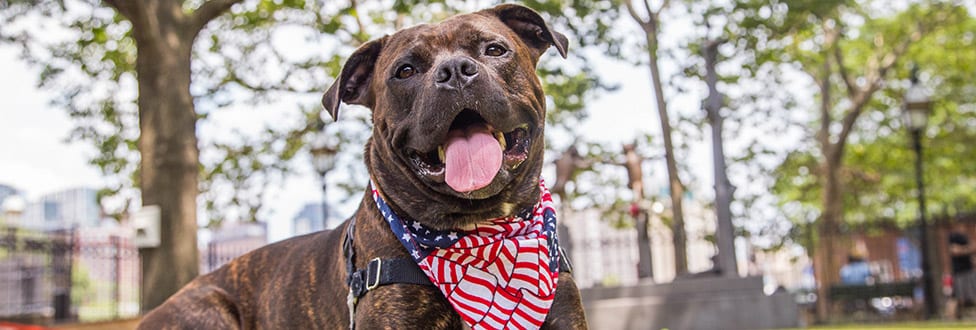

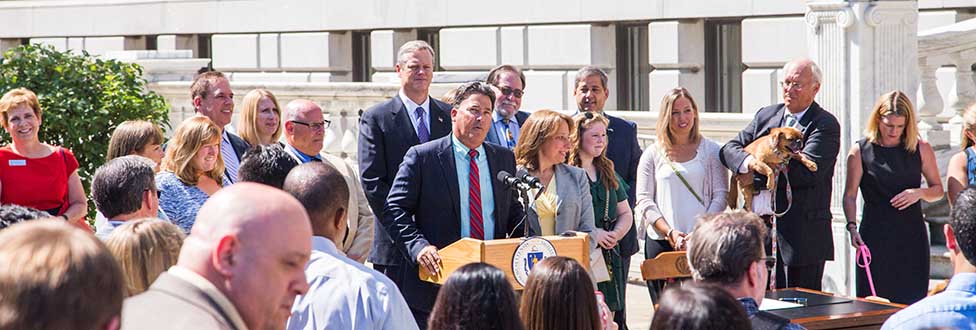
 1. Pets in vehicles, a new legal tool in place
1. Pets in vehicles, a new legal tool in place 2. Tethering of dogs, now reduced to 5 hour time limit
2. Tethering of dogs, now reduced to 5 hour time limit 3. The ARL and MSPCA can further help enforce the law
3. The ARL and MSPCA can further help enforce the law


